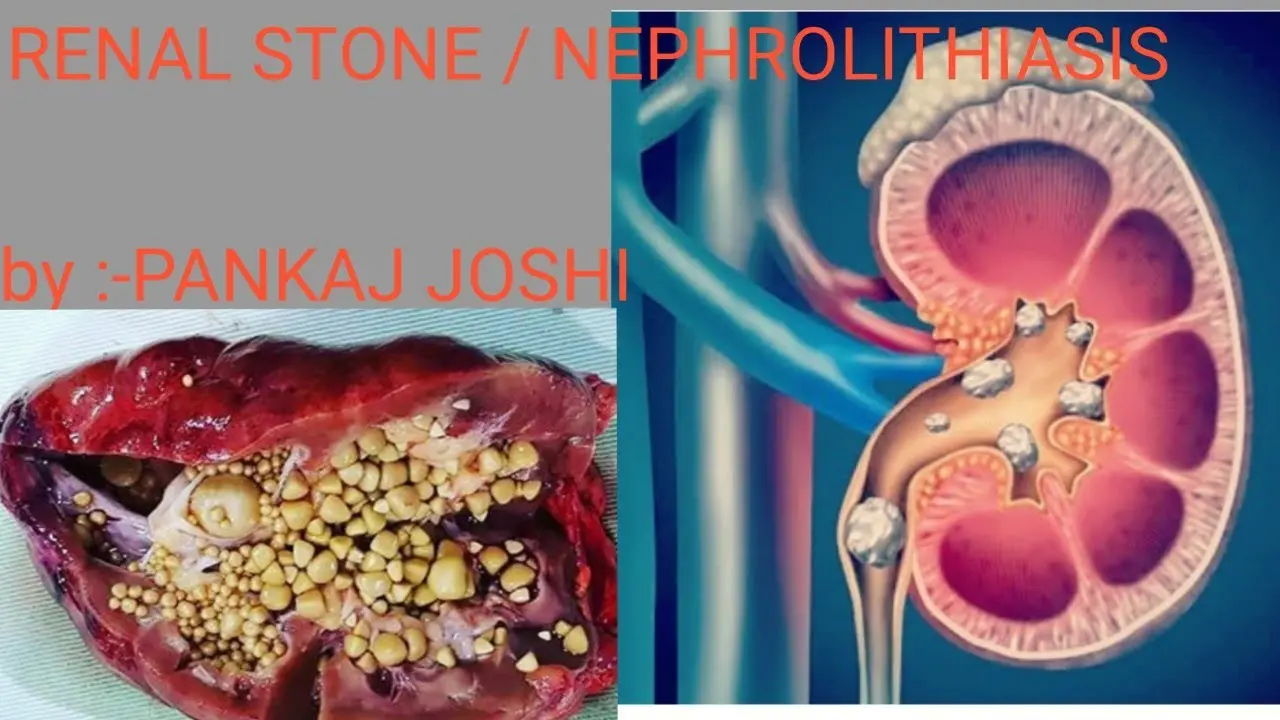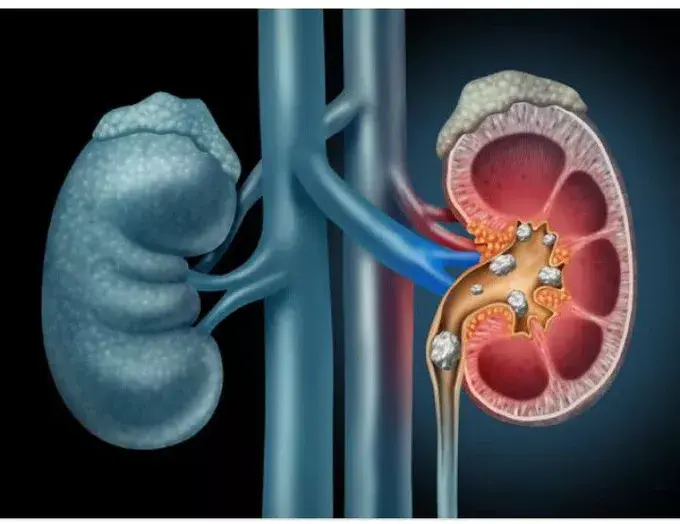Can Nephrolithiasis be Cured?
Sometimes
Treatment can manage symptoms, prevent recurrence, and help pass or remove stones; outcomes depend on the size, type of stones, and adherence to preventive measures

What is Nephrolithiasis?
Nephrolithiasis, commonly known as kidney stones, is the formation of hard deposits in the kidneys. These stones can cause severe pain and may lead to complications such as urinary tract infections. Treatment involves pain management, increased fluid intake, and, in some cases, medical or surgical interventions to remove or break down the stones. Lifestyle changes and dietary modifications can help prevent recurrence.

Clinical Aspects

Characteristics
Formation of kidney stones (calculi) in the urinary tract

Symptoms
Severe pain in the side and back, blood in urine, frequent urination

Diagnosis
Clinical evaluation, blood tests, sometimes kidney biopsy

Prognosis
Variable, depends on underlying cause

Complications
Kidney damage, potential for complications
Etiology and Treatment

Causes
Dehydration, dietary factors (high calcium, oxalate, or purine intake), family history, certain medical conditions (hyperparathyroidism, urinary tract infections)

Treatments
Pain management, lifestyle changes (hydration, dietary modifications), medications to dissolve or pass stones, procedures (extracorporeal shock wave lithotripsy, surgery)

Prevention
Pain management, lifestyle changes (hydration, dietary modifications), medications to dissolve or pass stones, procedures (extracorporeal shock wave lithotripsy, surgery)
Public Health and Patient Perspectives

Epidemiology
Common, often associated with chronic conditions

Patient Perspectives
Lifelong management tailored to underlying cause
Remember, the information provided here is intended for general knowledge purposes and may not apply to every individual case. To ensure you have accurate information relevant to your specific situation, always consult with a healthcare professional.
Share: